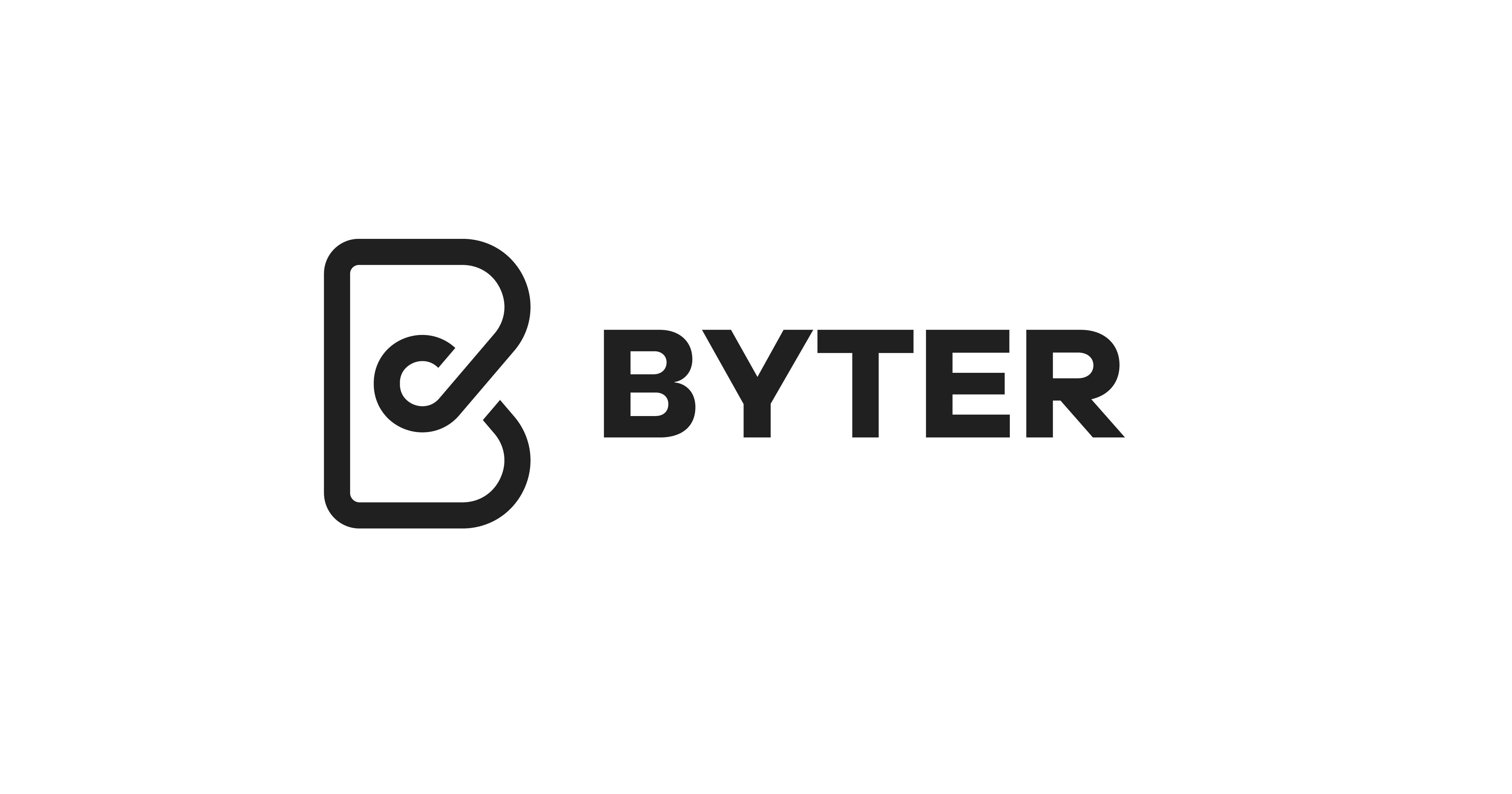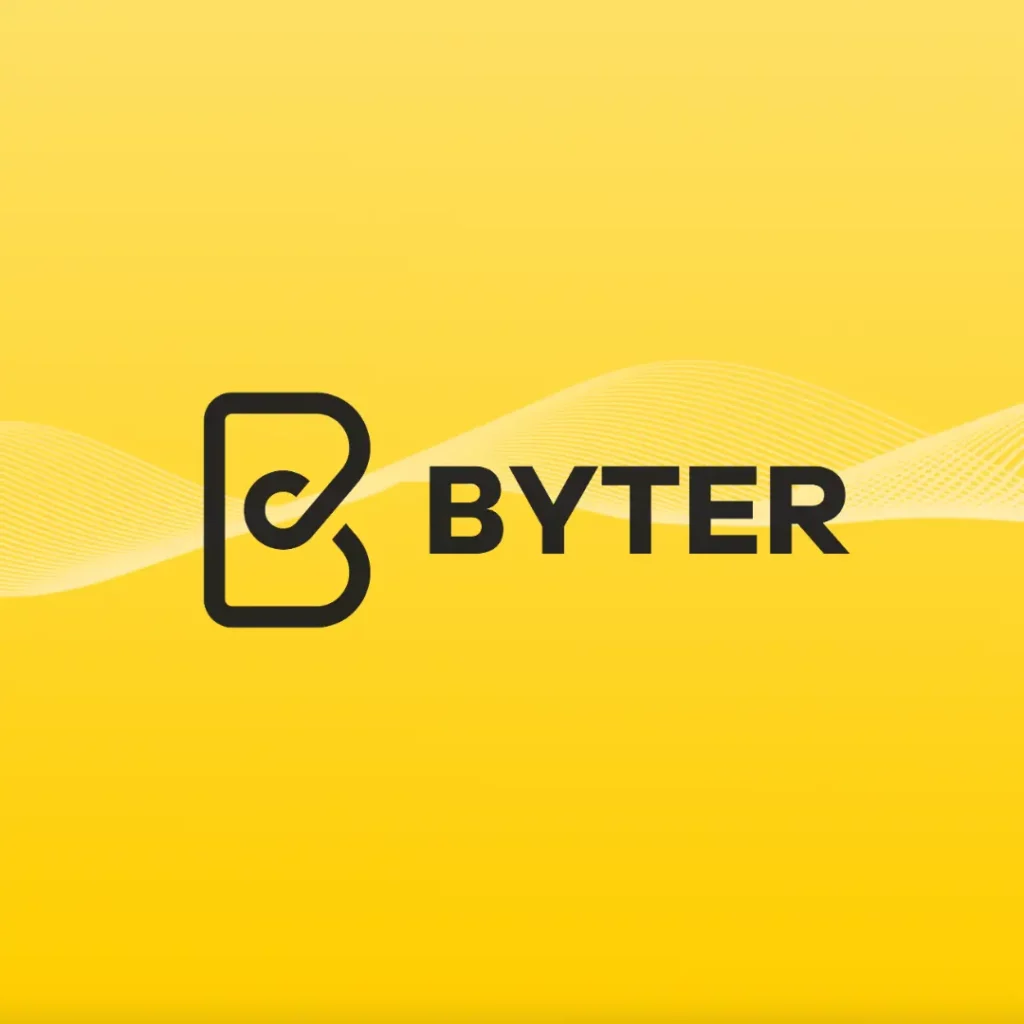In today’s digital age, crisis management via social media has revolutionized the strategic process of handling and mitigating disruptive events that have the potential to harm individuals, organizations, or communities. Social media has emerged as a powerful tool, transforming the way information is disseminated, communicated, and monitored during crises.
Real-time Insights and Updates: Leveraging Social Media as an Information Source in Crisis Management
Social media platforms such as Twitter, Facebook, and Instagram have become go-to sources for real-time updates during crises. With their ability to reach millions instantly, they facilitate the rapid dissemination of critical information, enabling authorities to keep the public informed and safe. Eyewitness accounts shared on social media provide valuable first-hand insights, enhancing situational awareness for emergency responders and the general public.
Social Media as a Communication Platform
Social media offers a direct and immediate means of communication during crises. Organizations and authorities can engage with affected individuals, providing support, guidance, and reassurance. Through well-crafted public messages, disseminated via social media channels, accurate information can be shared efficiently, reaching a wide audience and countering the spread of misinformation.
Monitoring the Pulse of Crisis: Leveraging Social Media as a Tool in Crisis Management
In addition to being an information source and communication platform, social media serves as a valuable monitoring tool during crises. By tracking public sentiment and feedback, authorities gain insights into the needs and concerns of affected individuals, allowing them to tailor their response accordingly. Social media also helps in identifying emerging issues and rumours, enabling swift action and effective crisis management.
Social Media as a Real-Time Information Source
Swift Dissemination of Information: How Social Media Supports Crisis Management
In the realm of crisis management, social media platforms play a crucial role in the rapid dissemination of information. When a crisis unfolds, time is of the essence, and social media allows for immediate distribution of critical updates. Through platforms like Twitter, Facebook, and Instagram, authorities can swiftly share vital information with the public, ensuring that people receive real-time updates that can help them make informed decisions.
Access to Eyewitness Accounts
Social media grants access to a vast network of eyewitnesses who can provide first-hand accounts of unfolding events during a crisis. These eyewitnesses can capture and share images, videos, and personal testimonies, adding depth and authenticity to the information available. By sharing their experiences on platforms such as Instagram or YouTube, these individuals contribute valuable insights, enabling a more comprehensive understanding of the crisis situation.
Enhancing Situational Awareness: The Role of Social Media in Crisis Management
Social media significantly enhances situational awareness during crises. By monitoring social media platforms, authorities can gather real-time data, opinions, and sentiments expressed by the public. This information provides valuable insights into the impact of the crisis, public concerns, and emerging issues. By analysing these inputs, decision-makers gain a deeper understanding of the evolving situation, allowing for more effective response strategies.
Social Media as a Communication Platform
Direct Communication with Affected Individuals
In crisis management, social media platforms offer a direct means of communication with affected individuals. During a crisis, authorities can utilize platforms like Facebook, Twitter, and WhatsApp to provide timely updates and instructions, addressing the concerns and needs of those affected. This direct communication helps establish a sense of trust and reassurance, as individuals receive personalized information and support.
Crafting Effective Public Messages: Leveraging Social Media in Crisis Management
Social media platforms excel at delivering effective public messaging during crises. With their wide reach and accessibility, authorities can disseminate important messages quickly and efficiently. By crafting clear and concise messages, utilizing hashtags, and incorporating visual elements, such as infographics or videos, they can effectively capture the attention of the audience and ensure key information is understood and acted upon.
Collaborating and Coordinating Effectively: The Impact of Social Media in Crisis Management
Social media platforms facilitate collaboration and coordination among different stakeholders involved in crises. Through private groups, chat features, and collaborative tools, individuals and organizations can exchange information, coordinate resources, and align their efforts. This real-time collaboration enables a more synchronized response, as relevant parties can communicate, share updates, and address emerging challenges in a coordinated manner.
Social Media as a Monitoring Tool
Tracking Public Sentiment and Feedback
Social media platforms serve as powerful tools for tracking public sentiment and gathering valuable feedback during crisis situations. Through platforms like Twitter, Facebook, and online forums, authorities can monitor discussions and gauge public opinion in real-time. This information provides insights into the emotional state of affected individuals and helps shape response strategies accordingly.
Uncovering Emerging Issues and Concerns: Leveraging Social Media in Crisis Management
In the realm of crisis management, social media platforms excel at identifying emerging issues and concerns. By actively monitoring hashtags, keywords, and trending topics, authorities can swiftly identify emerging challenges, vulnerabilities, and areas of public concern. This proactive approach allows for timely interventions and targeted actions to address emerging issues before they escalate.
Countering Rumours and Misinformation: How Social Media Supports Crisis Management
One of the critical roles of social media in crisis management is the monitoring and management of misinformation and rumours. During a crisis, false information and rumours can spread rapidly, causing confusion and hindering response efforts. Social media platforms enable authorities to monitor and counteract misinformation by promptly providing accurate information, clarifying misconceptions, and engaging with the public to address their concerns.
Challenges and Limitations of Social Media in Crisis Management
Information Overload and Verification Challenges
Social media’s role in crisis management is not without its challenges. One of the significant challenges is the potential for information overload and verification difficulties. During a crisis, social media platforms can be flooded with a vast amount of information, making it challenging to filter through and verify the accuracy of the content. Authorities must employ robust verification processes to ensure reliable information is shared with the public.
Battling Misinformation and Fake News: The Role of Social Media in Crisis Management
The spread of misinformation and fake news poses a significant risk during crises. Social media platforms can inadvertently become breeding grounds for the dissemination of false information, leading to confusion and panic. Authorities must actively monitor and counteract the spread of misinformation by promptly debunking false claims, providing accurate information, and engaging with the public to build trust and credibility.
Safeguarding Privacy and Data Security in the Era of Crisis Management and Social Media
Social media’s role in crisis management also raises concerns about privacy and data security. During crises, individuals may share personal information, locations, and sensitive data on social media platforms, making them vulnerable to exploitation. It is essential for authorities to emphasize the importance of privacy protection, educate the public about potential risks, and implement robust data security measures to safeguard sensitive information.
Conclusion
Harnessing the Power of Social Media: A Recap of its Role in Crisis Management
Social media has emerged as a powerful tool in crisis management, revolutionizing the way information is disseminated, communicated, and monitored. It serves as a real-time information source, facilitates direct communication with affected individuals, and offers monitoring capabilities to track public sentiment and emerging issues.
Importance of Leveraging Social Media Effectively
Effectively leveraging social media is crucial in crises. By utilizing social media platforms, authorities can rapidly disseminate information, address public concerns, and counteract misinformation. Direct communication with affected individuals fosters trust and provides personalized support. Monitoring public sentiment helps in understanding the evolving situation and tailoring response strategies accordingly.
Evolving Crisis Response Strategies in the Age of Social Media
Crisis response strategies must continuously evolve and adapt to maximize the potential of social media. Authorities should refine their processes for information verification, addressing misinformation, and maintaining privacy and data security. Collaboration with social media platforms and the integration of advanced technologies, such as AI-powered analytics, can enhance the effectiveness of crisis response efforts.
In conclusion, social media’s role in crisis management cannot be understated. It provides real-time information, facilitates direct communication, and enables monitoring of public sentiment. Leveraging social media effectively enhances public safety, response coordination, and public trust. However, it requires continuous evolution and adaptation to address challenges such as information overload, misinformation, and privacy concerns. All in all, by embracing these advancements and refining crisis response strategies, authorities can harness the power of social media to ensure more efficient and effective crisis management.
Find out more about what’s happening within the digital marketing in our blog column.














